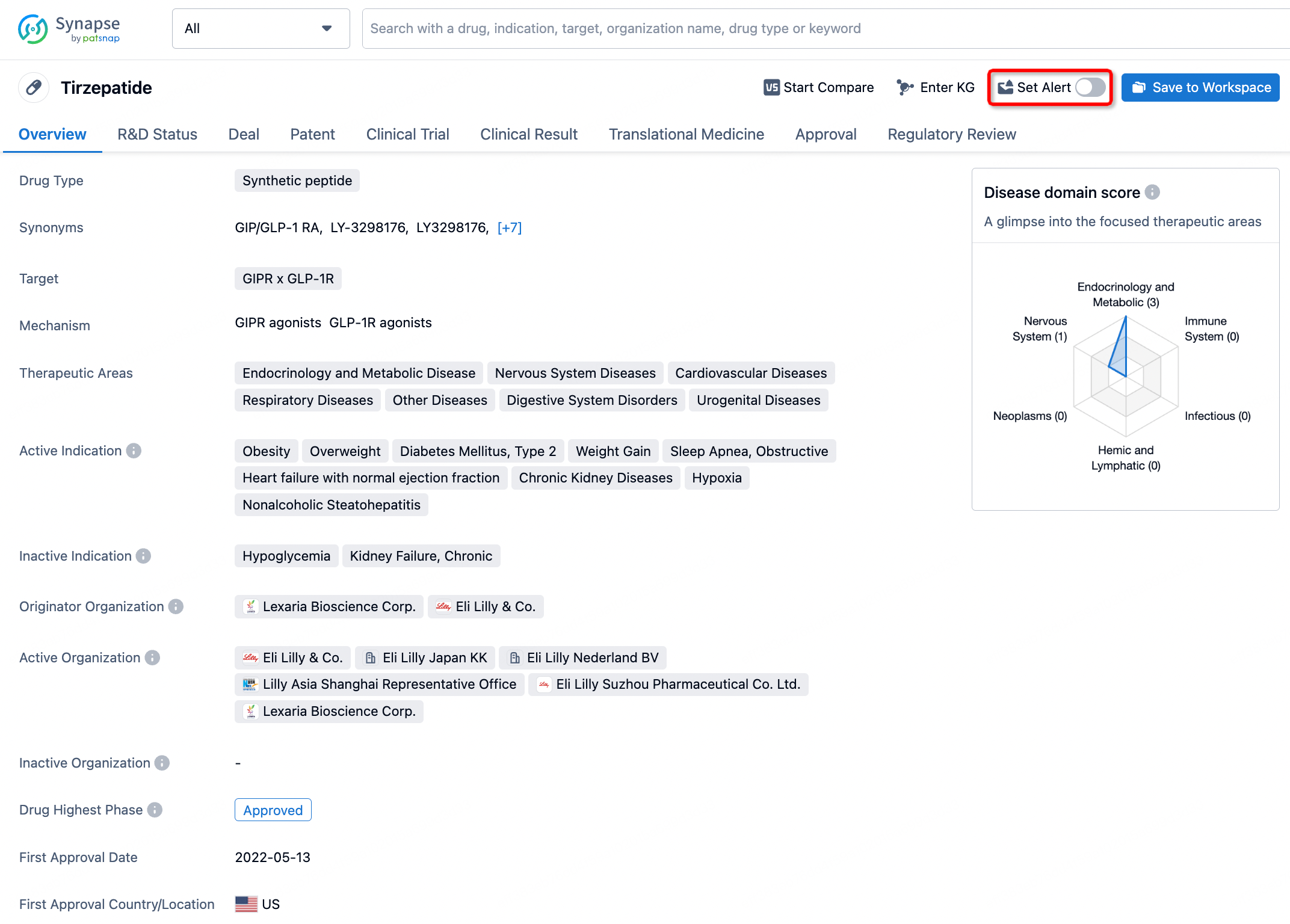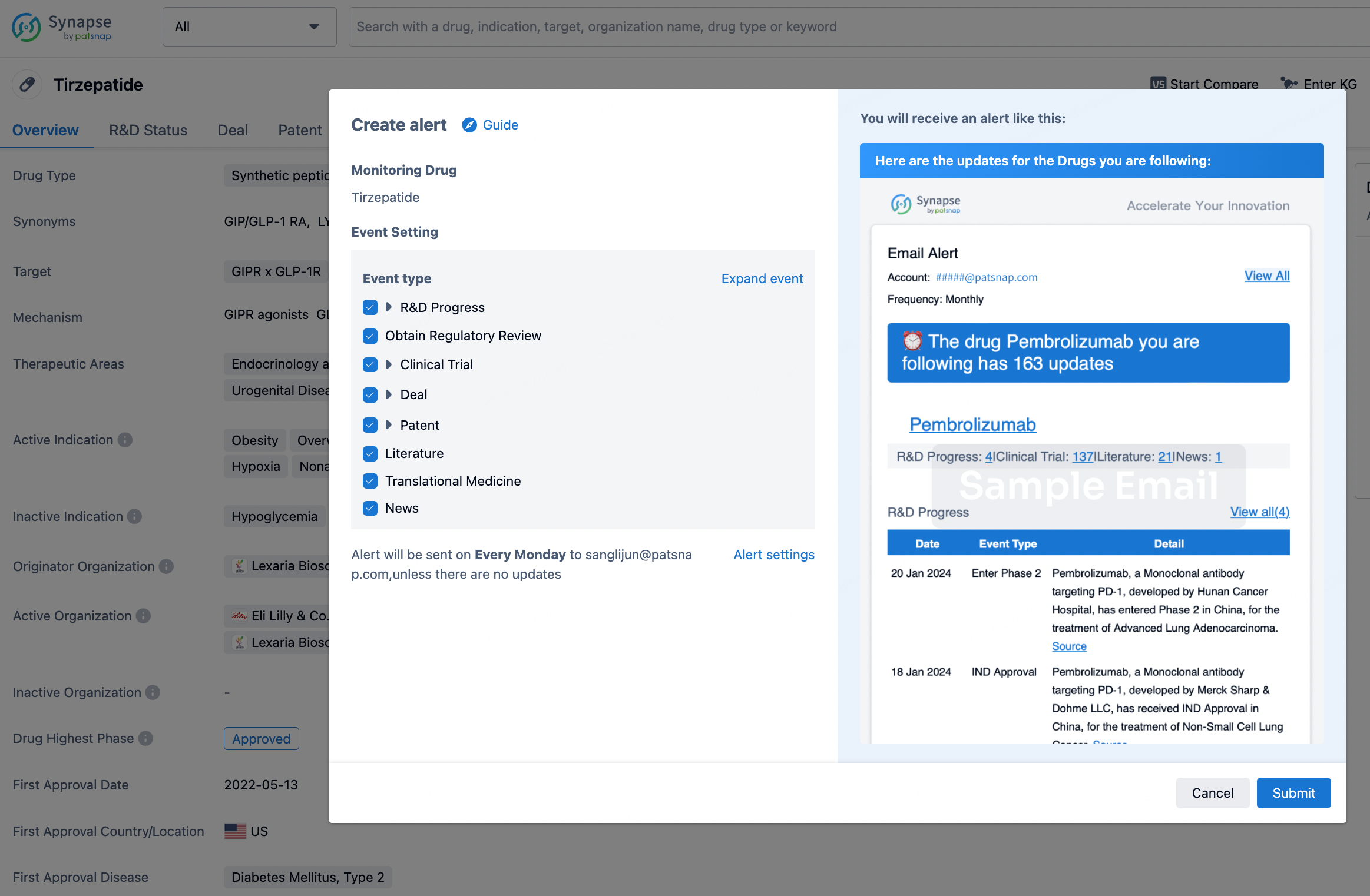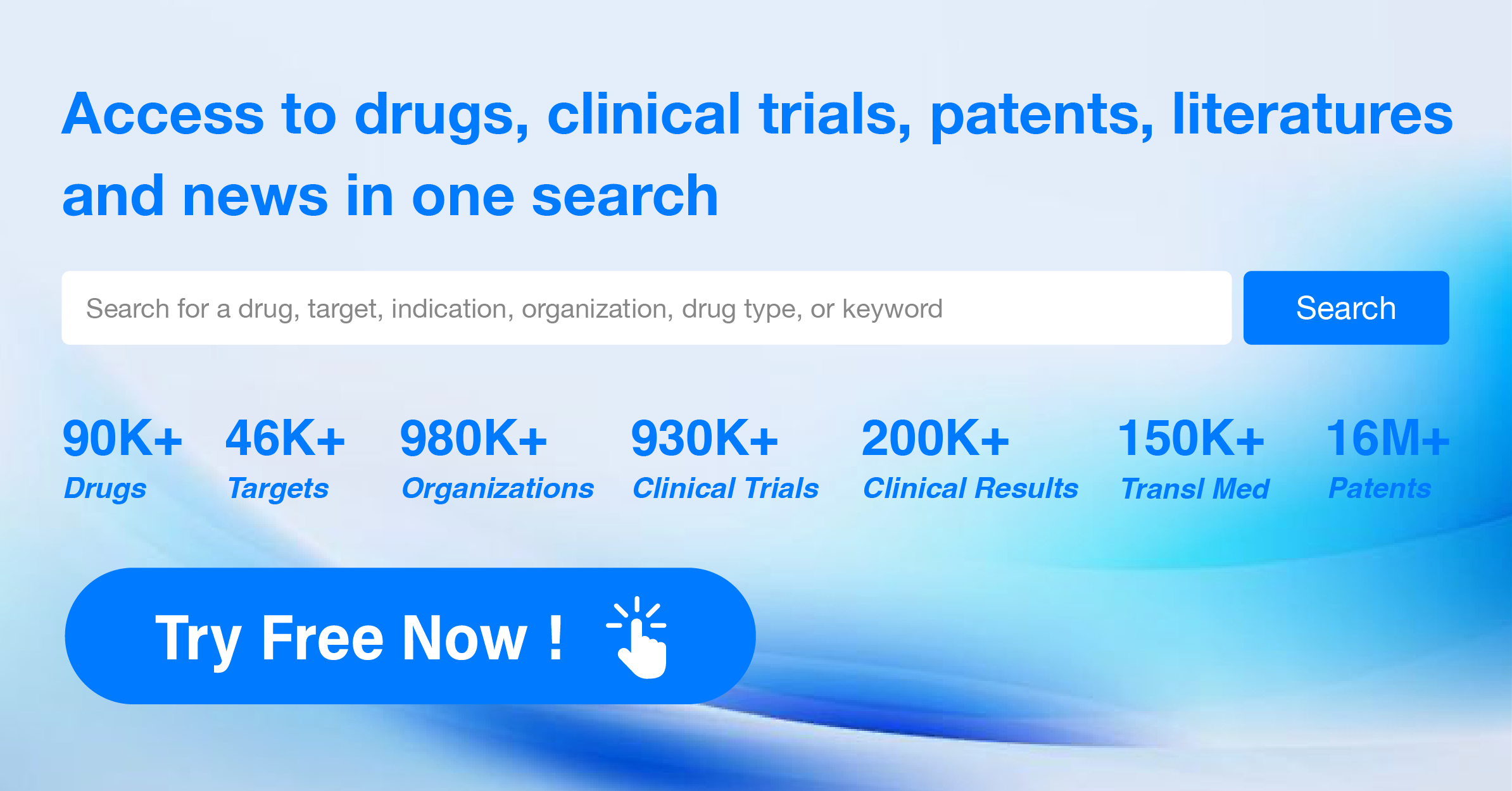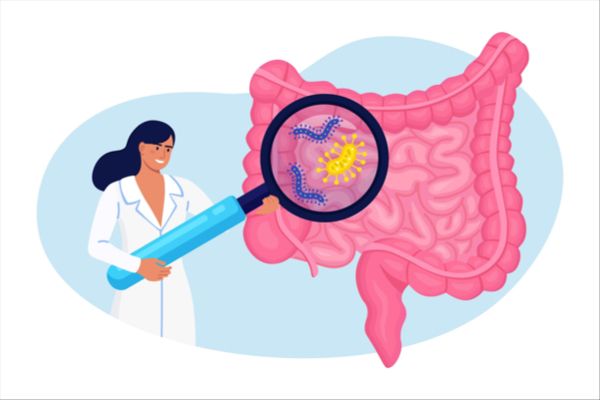Is Ixchiq approved by the FDA?
Ixchiq, the world's first chikungunya vaccine, was approved by the U.S. Food and Drug Administration on November 9, 2023.
What is Ixchiq?
Ixchiq is a vaccine developed to prevent chikungunya disease, which is caused by the chikungunya virus. The vaccine contains a live, weakened version of the virus, which helps the body build up an immune response, thereby protecting against future infections. Ixchiq is recommended for individuals aged 18 and older who are at an increased risk of exposure to the chikungunya virus (CHIKV).
Uses of Ixchiq
Chikungunya virus infection can lead to chikungunya disease, which manifests as fever, joint pain, rash, headache, and muscle pain. In severe cases, debilitating joint pain can persist for months or even years. The virus is primarily transmitted through the bites of infected mosquitoes found in Africa, Asia, and the Americas, with occasional outbreaks in other regions. Despite vaccination, it is still crucial to take measures to avoid mosquito bites.
Side Effects of Ixchiq
Common side effects of Ixchiq include:
- Injection Site Reactions: Occurs in more than 10% of recipients.
- Systemic Reactions:
- Headache (31%)
- Fatigue (29%)
- Muscle pain (24%)
- Joint pain (17%)
- Fever (13%)
- Nausea (11%)
The average onset of local reactions is Day 2 (with Day 1 being the day of vaccination), and systemic reactions generally occur by Day 5. Both types of reactions typically resolve within two days. Some individuals may experience a temporary decrease in white blood cells within the first week post-vaccination, which usually normalizes within a month.
Serious Adverse Reactions
Report any signs of an allergic reaction to your healthcare provider immediately. Symptoms include difficulty breathing, hoarseness or wheezing, hives, dizziness, weakness, or rapid heartbeat.
Chikungunya-like Adverse Reactions
Some individuals may develop chikungunya-like symptoms such as fever, joint pain, muscle pain, headache, back pain, rash, swollen lymph glands, or neurological, cardiac, or ocular symptoms within 30 days post-vaccination. Severe or prolonged reactions occurred in 1.6% of Ixchiq recipients during clinical trials.
Precautions and Warnings
Ixchiq should not be administered to individuals with weakened immune systems, such as those undergoing treatment for hematologic and solid tumors, chemotherapy, or long-term immunosuppressive therapy, as well as severely immunocompromised HIV patients. Additionally, anyone with a severe allergic reaction to any vaccine component should avoid the vaccine.
Special considerations should be given to pregnant individuals due to the potential for vertical transmission of the vaccine virus and serious neonatal complications. Ixchiq should only be administered during pregnancy after a thorough risk-benefit assessment.
Fainting and Vaccine Effectiveness
Fainting can occur with the administration of Ixchiq or other vaccines, so precautions should be taken to prevent injury. Furthermore, not all individuals may be fully protected by the vaccine.
Dosing Information
Ixchiq is administered as a single intramuscular injection.
Storage
The vaccine should be stored in a refrigerator at 2°C to 8°C (35°F to 46°F) and kept in its original carton to protect from light. It should not be frozen.
Conclusion
Ixchiq, the chikungunya vaccine, was approved by the FDA on November 9, 2023. It is indicated for adults aged 18 and older who are at risk of chikungunya virus exposure. While the vaccine offers protection against the virus, it is important to continue taking measures to prevent mosquito bites. Users should be aware of potential side effects and follow medical advice for safe administration and storage of the vaccine.
How to obtain the latest development progress of all drugs?
In the Synapse database, you can stay updated on the latest research and development advances of all drugs. This service is accessible anytime and anywhere, with updates available daily or weekly. Use the "Set Alert" function to stay informed. Click on the image below to embark on a brand new journey of drug discovery!






